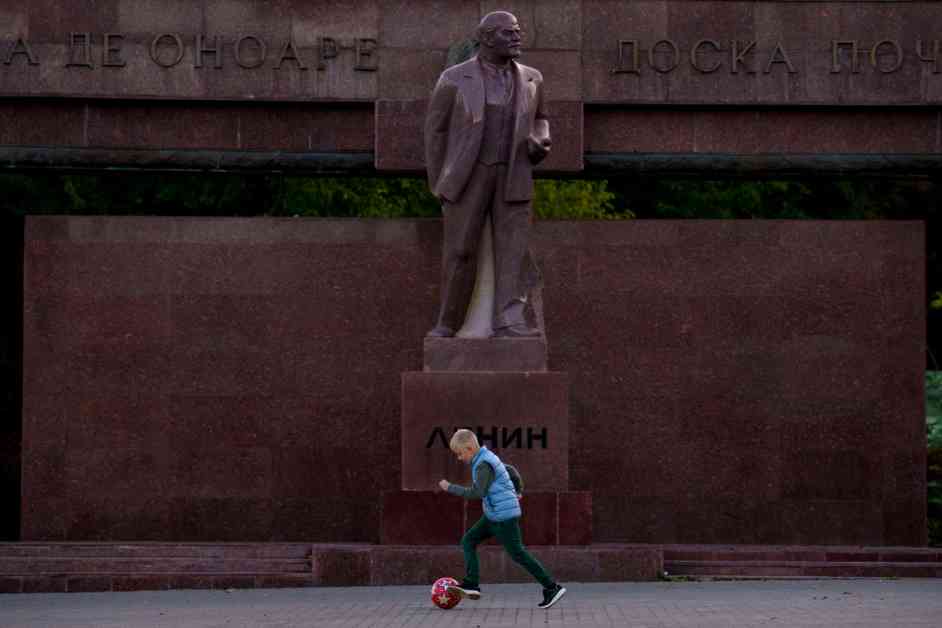Moldova is currently in the midst of a crucial presidential runoff, with pro-Western incumbent Maia Sandu facing off against a Russia-friendly opponent amid allegations of voter fraud and intimidation. The first round of voting saw Sandu secure 42% of the vote, but she did not achieve an outright majority. Her opponent, Alexandr Stoianoglo, a former prosecutor general, exceeded expectations by garnering nearly 26% of the vote.
As polling stations opened on Sunday, there is a sense of anticipation regarding the outcome of this closely contested race. A recent poll suggests that Sandu may have a slight edge, with victory potentially hinging on the support of Moldova’s sizable diaspora. The role of the president carries significant authority in areas such as foreign policy and national security, with a term lasting four years.
The recent referendum held on the same day as the first round of voting saw a slim majority of Moldovans in favor of pursuing EU membership. However, both this referendum and the ongoing presidential election have been marred by allegations of a widespread vote-buying scheme and voter coercion.
Prime Minister Dorin Recean condemned these acts of intimidation, emphasizing the importance of upholding democratic principles and ensuring the safety of voters. Law enforcement officials have been actively investigating the alleged vote-buying scheme, which is said to have involved millions of dollars being distributed to thousands of recipients.
The situation in Moldova highlights the challenges of safeguarding the electoral process and combating corruption. Experts warn that geopolitical tensions are likely to persist regardless of the election outcome, with the 2025 legislative elections anticipated to further exacerbate divisions. The government’s response to voter fraud will be crucial in restoring public trust in the electoral system and deterring future attempts to undermine democracy.
Looking ahead, Moldova faces the prospect of continued external pressure, particularly from Russia, as it pursues closer ties with the EU. The country’s trajectory towards European integration has strained relations with Moscow, prompting accusations of interference and hybrid warfare tactics.
In conclusion, Moldova’s presidential runoff reflects the broader geopolitical dynamics at play in the region. The outcome of this election will not only shape the country’s future direction but also impact its relationships with neighboring states and international partners. As Moldovans cast their votes, the integrity of the electoral process and the will of the people must be upheld to ensure a fair and transparent outcome.












